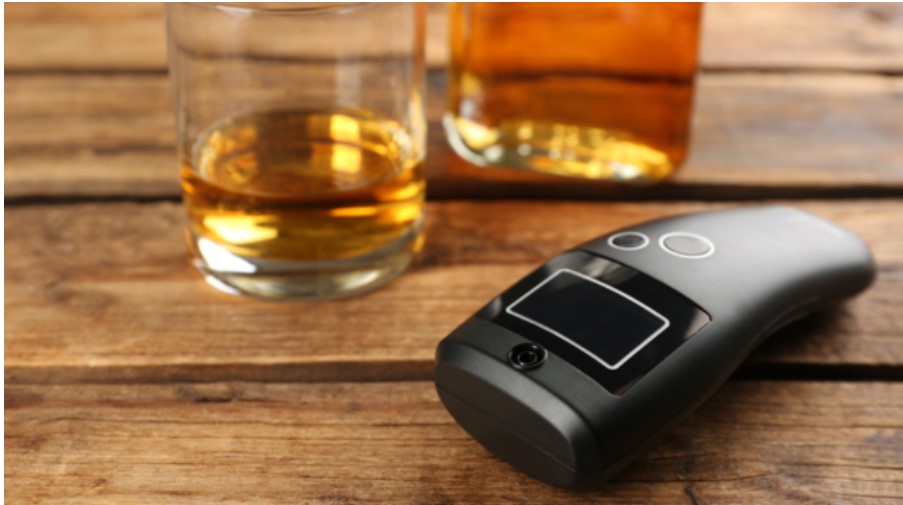Know your legal options in a custody battle with an alcohol-addicted co-parent.
I am not the first to say this: alcohol abuse disorder (alcohol addiction) can destroy a family.
Marital problems can be difficult if not impossible to navigate unless both parties have a baseline of trust. Addictions often shatter that trust to such an extent that the marriage cannot be salvaged.
In my family and matrimonial law practice, I regularly work with clients who are leaving marriages due to unresolvable fissures in trust. Marriages fall apart for many reasons. Breakdowns in marriage could be caused by an extramarital affair or a serious mental health condition like narcissistic personality disorder, emotional or physical abuse, or struggles with addictive behaviors.
I often deal with marital issues that arise from substance abuse and addictions such as alcohol or drug addiction—including addiction to pain medications.
Alcohol abuse disorder can be particularly concerning if the couple has children. If one spouse has this particular challenge, there are various risks to consider. These risks could include driving while under the influence, concerns about a lack of supervision leading to a child’s harm, and questioning whether a child is generally safe with a parent who does not have their addiction under control.
Know Your Options
Of course, you should do everything you can to assist your spouse or ex-spouse to get the help they need to get their addiction under control. At the same time, you may need to consider that helping them to manage the addiction may be outside your expertise and that, until your spouse is ready to undertake the necessary steps to control the addiction, it may not be possible to manage.
Most importantly, you need to keep yourself and your children safe.
So, what is your legal recourse if you are separating or divorcing someone with alcohol abuse disorder?
- Tell your attorney about your concerns immediately.
- Keep a diary of times your spouse has been inebriated, as well as any other evidence that alcohol abuse is impairing their day-to-day life, as you might need to show documentation of the behavior to prepare for custody litigation. This is particularly necessary if the person is not willing to admit they have this issue.
- Once you can document these activities, working with your attorney, you can request that, as a condition of custody, your co-parent is monitored for alcohol use until the problem is sufficiently resolved.
Monitoring Alcohol Use
Monitoring can take a few different forms, including the following:
- Use of Soberlink: This is a regular breathalyzer similar to any other breathalyzer except that it utilizes facial recognition to make sure that the person blowing into the machine is the person who is supposed to use it. Furthermore, the apparatus can be set so the results can be sent to the other parent or someone who is monitoring the alcohol use.
- Scram device: This is a monitoring device that is worn on the ankle that can monitor alcohol use.
- Working with an addiction psychiatrist or mental health professional who specializes in addiction.
- Going through a 12-step program such as Alcoholics Anonymous.
- Use of a sponsor.
- Implementation of random testing through a third party such as an addiction psychiatrist.
- Use of the Interlock device when driving the children. This is a device that requires the driver to blow into a mouthpiece before starting or operating the vehicle.
Alcohol abuse disorder is an enormous challenge for the person suffering through it, as well as for the people around them. As I always say, it is most important to make the safety and mental and physical health of yourself and your children a priority during this incredibly difficult time.
Resources
- If you are in immediate danger, call 911.
- If you are fearful for your or your children’s safety, please contact The National Domestic Violence Hotline, 1-800-799-SAFE (7233) or TTY: 1-800-787-3224 or 1-206-518-9361 (video phone only for deaf callers), or Safe Horizon. You can also text “START” to 88788.
- Substance Abuse and Mental Health Services Administration’s (SAMHSA’s) National Helpline, 1-800-662-HELP (4357) (also known as the Treatment Referral Routing Service), or TTY: 1-800-487-4889 is a confidential, free, 24-hour-a-day, 365-day-a-year, information service, in English and Spanish, for individuals and family members facing mental and/or substance use disorders. This service provides referrals to local treatment facilities, support groups, and community-based organizations.
- Also visit the online treatment locator or send your zip code via text message: 435748 (HELP4U) to find help near you. Read more about the HELP4U text messaging service.
- Is there an alcoholic in your life? Alcoholics Anonymous is a fellowship of people who come together to solve their drinking problem. It doesn’t cost anything to attend A.A. meetings. There are no age or education requirements to participate. Membership is open to anyone who wants to do something about their drinking problem. A.A.’s primary purpose is to help alcoholics achieve sobriety. If someone you care about has a drinking problem, A.A. might have a solution for them. Learn more here.
- To find a therapist, visit the Psychology Today Therapy Directory.
- Also visit the online treatment locator or send your zip code via text message: 435748 (HELP4U) to find help near you. Read more about the HELP4U text messaging service.
Note: This post is not intended to serve as legal or mental health advice. Each situation is unique. Please speak with a local mental health or addiction professional or attorney to address your issues specifically.

